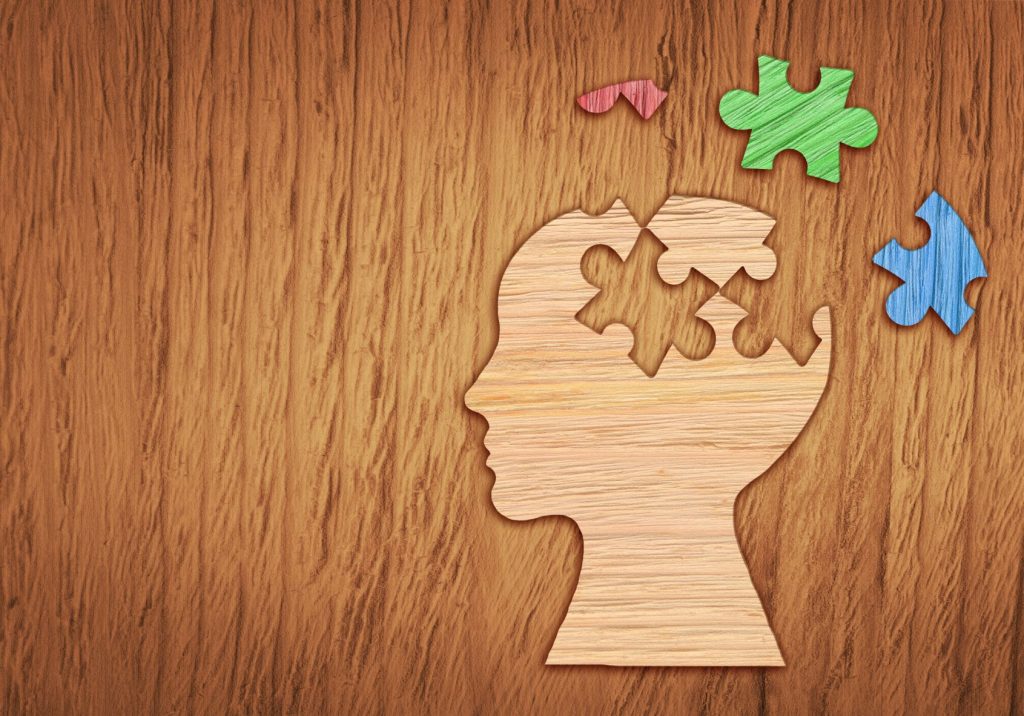RAE Impacts
The “relative age effect” (RAE) advantages relatively older individuals in an age group while disadvantaging the relatively youngest. This age inequality can have significant impacts on sport and educational performance, and long-term health and wellbeing. Learn more in the SIRCuit.
Mental Health & Eating Disorders
When athletes are struggling with mental health, sometimes offhand comments from coaches and teammates can have negative consequences. In today’s video, produced by the Canadian Olympic Committee for Bell Let’s Talk Day, diver Francois Imbeau-Dulac shares his struggles with an eating disorder and his courage to ask for help.
Values As A Road Map
“Values-based sport” is an approach that helps to establish an optimal environment that encourages the growth and development of athletes through sport. Explore how to use values as a road map to creating welcoming, safe, athlete-centred environments in the SIRCuit.
We Need to Talk about Mental Health

Life as a high-level athlete has its ups and downs. There is success and failure, stress, pressure, endless doubts, injuries, days where you are surrounded by people and others where you are completely by yourself. It’s a train of emotions, one after the other, almost simultaneously. It can be too much to process. In the…
Psychological Load
Research points to the impact of psychological stressors on performance. Whether emotional stress or high cognitive processing demands, “psychological load” must be considered by coaches and trainers to achieve peak performance. Learn more in this SIRCuit article.
Winter 2019 SIRCuit
The Winter SIRCuit is now available! This edition is issue-packed, providing evidence-based and experience-informed insight through a variety of timely and topical articles: Increase your commitment to improving sport in Canada through an article on values-based sport. Contemplate the role of policy and practice in maintaining hazing culture, supporting the inclusion of transgendered athletes, and…
Balancing Psychological Load: New Perspectives on Recovery
Current views on recovery Recent research by Nash and Sproule (2018) asked coaches for their views on recovery in training. While recovery was widely understood as crucially important, results revealed that few coaches think about psychological and cognitive recovery with the same depth and importance as the physical aspects of recovery. One reason for the…
Athlete Perspective: My reality as a clean athlete in a not so clean sport
SIRC’s Athlete Perspective series provides insight and recommendations on key issues from an athlete’s perspective. The collection of blogs and SIRCuit articles profiles Canada’s Olympic and Paralympic athletes and taps into their lived experience. I started weightlifting in a small, remote city in northern Quebec when I was nine years old. It was, and still…
ACL Injury Recovery
Reconstruction surgery has become a viable method for athletes to return to play after suffering an ACL injury, yet one third of patients will develop osteoarthritis within 10 years. Researchers have found that the way a patient moves after surgery has significant implications for their long-term recovery. Patients who reported lingering symptoms post-surgery were found…
Social Identity and Team Behaviour
Good team cohesion is a key factor for success, but can create pressure for team members to conform. Research conducted with NCAA athletes found that those who more closely identified with their team were more likely to adapt to their teammates’ behaviour. This held true for both risky (e.g. drinking and driving, concealing concussion) and…